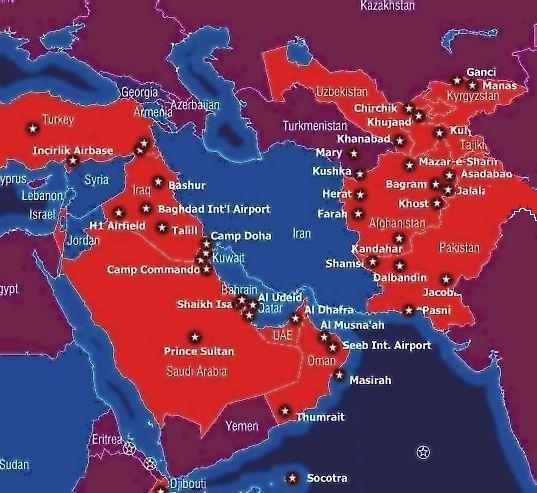
21 Jan Security and peace
I’ve been mired, lately, in conversations around managing security. It began with a rather heated exchange about the role of prisons. I had snorted rudely at the thought of a prosecutor guiding Vipassana sits twice a month. What kind of Vipassana meditator thinks that putting people in jail serves anyone (much less anyone’s humanity)? I was scolded and reminded that “This is the system of justice we have. What – would i prefer that we just let criminals roam around free on the street?”
This was followed up with a conversation about Iran and the country’s alleged nuclear capabilities (i say “alleged” because we all remember what happened the last time a country was accused of having WMD’s…). “Well, they’re all crazy over there and i’d rather be safe than sorry!”
Both of these conversations were with highly educated, liberal(-esque – this is Seattle, after all), self-proclaimed Marxists (well, one of them anyway).
Each of these conversations makes certain presumptions about the world:
- We live in a binary world that is constructed of What We Currently Have and Know (read: Order) versus Absolute and Utter Chaos. Bad people must be punished and sent to jail or prison; otherwise, bad people run around murdering innocent people. Crazy-people countries deserve to be over-surveilled and encroached on with drones and a build up of foreign military bases all around them, or we all possibly die in nuclear attacks.
- The options laid out before us are the only options – and since this is a security-crazed world with too many weapons and crazies, then we have to make sure we continue to tighten controls on everyone everywhere. (Unless, of course, we fit into the neat package of being white, male, middle-to-upper class, economist, black-suited, …etc.)
- Peace, compassion, kindness, etc. are not options – either in our home country toward those who are marginalized, nor globally, toward those whose beliefs we don’t understand.
John Galtung (1991) wrote (spoke, actually) that there are four components to both the Security Approach and the Peace Approach. The four components of Security:
[1] An Evil Party, with strong capability and evil intention;
[2] A Clear and Present Danger of Violence, real or potential;
[3] Strength, to defeat or deter the evil party, in turn producing
[4] Security, which is also the best approach to “peace”.
The four components of a Peace Approach:
[1] A Conflict, which has not been resolved/transformed;
[2] A Danger of Violence to “settle the conflict”;
[3] Conflict Transformation, empathic-creative-nonviolent, producing
[4] Peace, which is the best approach to “security”.
What if, for one moment, we took a moment to be self-reflexive – as a country, as individuals, as economic selves, as political and social selves – and reframed our way of thinking about security and peace? What if, for instance, rather than working stridently to “lock up” those who commit crimes, we, instead, worked to help people reach their full potential? Rather than locking them away from society to be “reformed” – a failed exercise in and of itself – we brought people into a space of respect and caring? I realize that for many people, sending a perpetrator to prison or even to his or her death is meant to bring a sort of retributional relief to sufferers and their family members, but what if we, as a society, were conditioned not to seek retribution in the form of punishment but to seek forgiveness and forgivingness, retribution through balance?
What if aggressive countries one day simply pulled back, apologized for encroaching, sought forgiveness for destruction? A map of American Bases in the Middle East paints a lurid picture of a rather bullying posturing toward Iran:

US Bases in the ME, borrowed from Peter van Buren: http://wemeantwell.com/blog/2011/12/10/whos-paranoid-maybe-iran/
Who wouldn’t want to protect their own home? Call him “crazy” or not – in this country, if you are threatened on your own property and have made the appropriate requests for the intruder to leave, it is perfectly legal to protect yourself and your property by lethal force. It’s why the protection of the right to own guns is so fiercely protected – property… well, it’s the American way.
I realize it’s a bit of a Pollyanna request – that there emerge a new frame of thinking entirely – one that relies on peace for security, not security for peace. I’m not so blind as to assume that it will happen in this lifetime – but i don’t think it’s too much to ask that we begin to move out of violent binaries.


Sorry, the comment form is closed at this time.